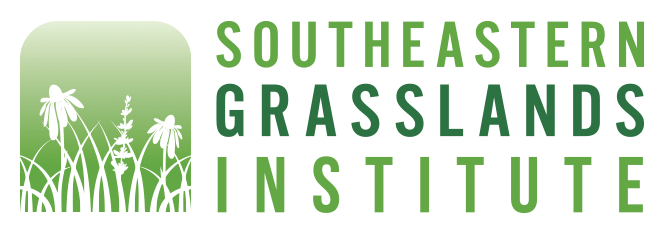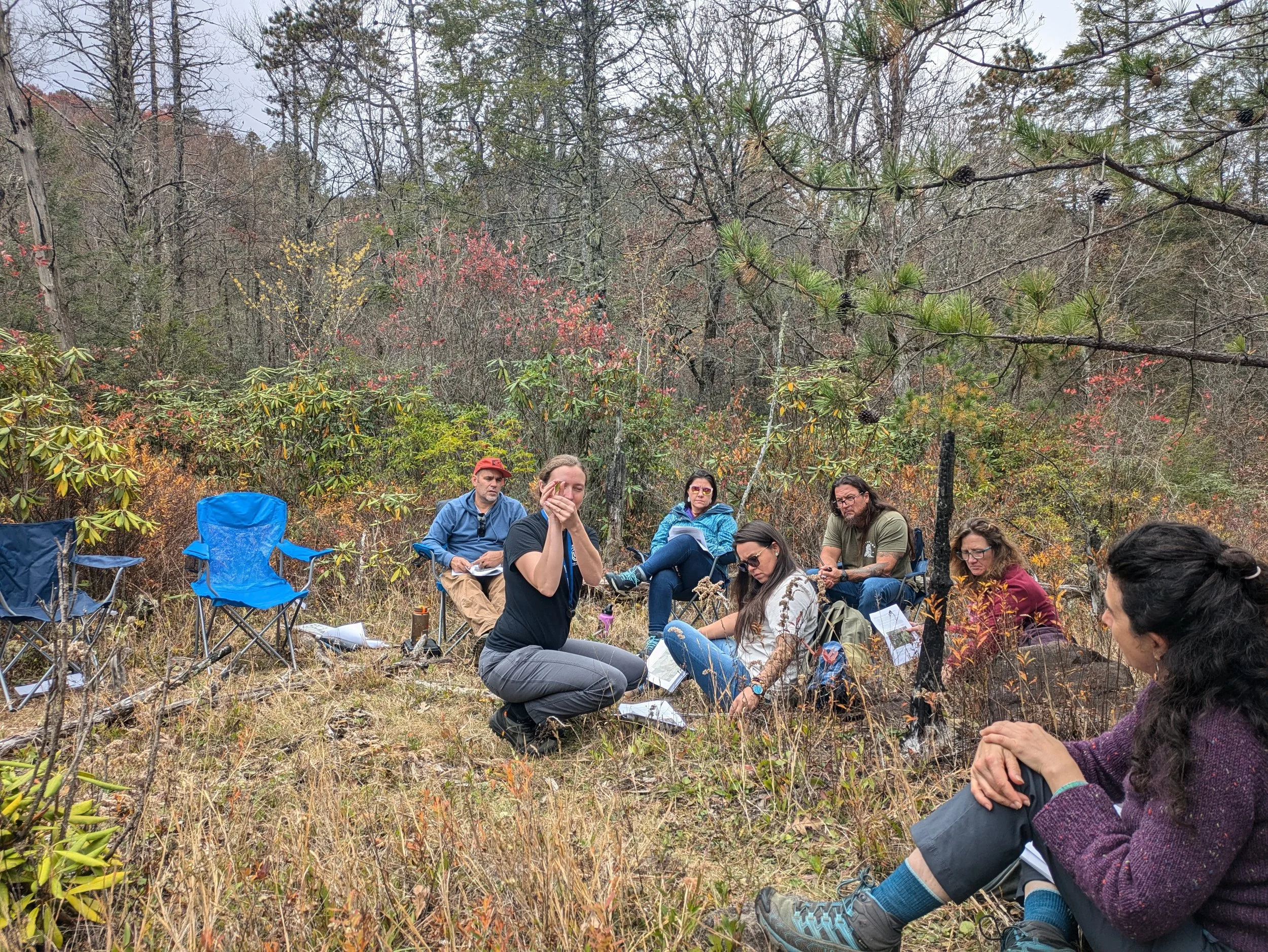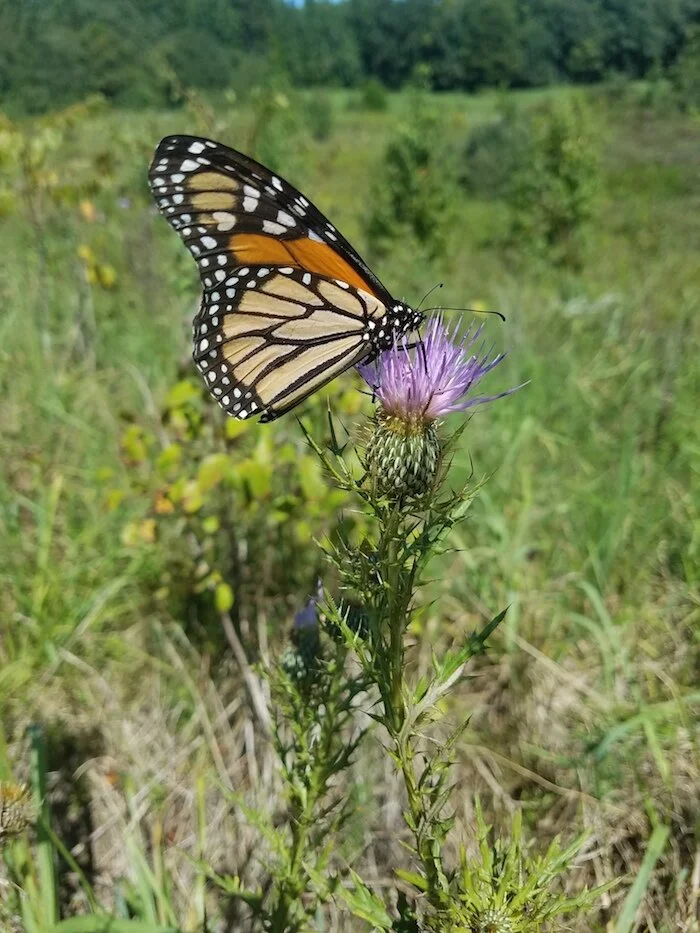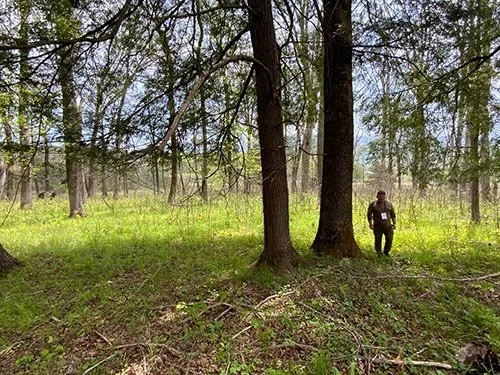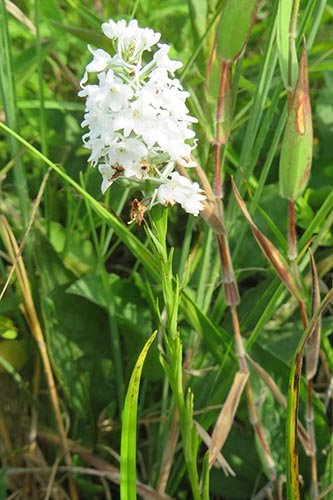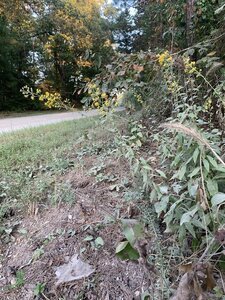Grasslands Research Program
Photo of SGI’s Grasslands Research team out in the field conducting plant quadrant surveys.
about
The Southeastern Grasslands Institute has many expert staff and affiliates that collaborate on research related to our restoration and conservation programs. Check out a list of peer-reviewed publications and publications for the public below.
Peer-reviewed Publications (insert link to list of peer-reviewed pubs)
SGI Articles (insert link to list of articles for public about SGI and by SGI staff)
Books and Book Chapters (insert link to list of books and chapters by SGI staff)
Expertise
SGI’s Grasslands Research Program specializes in grassland ecology, species descriptions, grassland classifications, grassland quality analysis, and grassland mapping. Our collaborating research institutions and partners bring additional areas of expertise that bring expanded exploration capabilities to our work for us to learn more about the biodiversity, such as bird and insect populations, and ecosystem services, such as carbon sequestration and water quality enhancement, that southeastern grasslands provide.
Major projects
The work of the Southeastern Grasslands Institute spans SGI’s focal region. Below are listed our main research projects and collaborators at this time.
current projects - 2025
-
SGI is collaborating with researchers at Auburn University to evaluate the ability of grassland ecosystems to sequester the greenhouse gas carbon dioxide in the soil. Researchers are especially interested in whether a larger number of species in a grassland has an effect on carbon storage than grasslands with only a few species.
-
In partnership with the Tennessee Valley Authority, Electric Power Research Institute, and Mississippi State Entomology, SGI completed four years of field work and data collection that will result in a series of publications. The publications will center on data on plants, pollinators, and biodiversity of large TVA right-of-ways under power lines compared to adjacent biodiversity under closed canopy forested areas. Many of the TVA right-of-ways contain rare grassland species throughout the southeastern U.S.
-
From insects to plants, SGI’s staff and affiliates very frequently encounter new species unknown to the scientific community. Fully describing the species can take years of field study and molecular work.
-
The SGI research program is working on codifying the different types of grasslands in our focal region. To date, we have identified 118 unique grassland ecosystems in our region. For a general overview of main categories of grasslands, please visit https://www.segrasslands.org/what-are-southeastern-grasslands
All tools and gloves are provided, but feel free to bring your own favorites;
This is a public university setting and facilities are provided;
This is a public university and parking can be tricky the first time (confirmation email will guide you);
Be prepared to adopt a native plant to take home; if it is in the path, it's got to go!
-
The SGI research team is developing new tools to find grasslands and assess their quality. Based on key indicator species, we are developing ways to identify if degraded or overgrown lands were once grasslands pre-development. The tool will also help evaluate the present quality of degraded grasslands which will inform restoration strategies.
-
The SGI research team works closely with the Grasslandia project to monitor important grasslands and ecologically important species. The Grasslandia project will be made available to the public, and will contain important science-based information on grasslands restoration and SGI’s evidence-based restoration strategies. This project is funded by the US Department of Agriculture.
-
SGI has entered into a partnership with the National Parks Service that spans 40 National Parks. A majority of SGI staff are involved with this project. The goals of the project are to restore and monitor important species of plants and invertebrates in grasslands in our national parks, with major work scheduled to be published in peer reviewed journals.
-
SGI partnered with the Richmond Battlefield National Park in Virginia to conduct an invertebrate and plant study, and an assessment of grasslands in the park. The results of this project will be published in a National Parks Service report in the coming months.
“quote from Theo about restoration work and current time-sensitive needs for grassland research i.e. 30,000 by 2030, new species descriptions, etc.”
Past Projects & Partners
The Southeastern Grasslands Institute is grateful for the partnership of many agencies, donors, and organizations since our inception in 2017. Please see the list below of significant projects and partners that have advanced grassland restoration in our focal region.
-
North Carolina Botanical Garden
Ellerbe Creek Watershed Association
South Carolina Department of Natural Resources
State Botanical Garden of Georgia
Atlanta Botanical Garden
U.S. Forest Service
U.S. Fish and Wildlife Service
-
Nonprofits
State agencies
Federal agencies
Businesses
Bridgestone Americas Tire Operations, LLC
-
-
Ways to support
The Southeastern Grasslands Institute grassland research program team benefits from community support in many ways. Every hour spent volunteering, every time a new publication is shared, every conservation win that is celebrated, and every dollar donated helps us make strides in preserving biodiversity and improving grassland conservation practices in the Southeast!
Share the message on social media
Help SGI spread the word about conservation practices by following us and sharing our content on social media. Every like and every share helps raise awareness of our important work to save southeastern grasslands. Click the icons below to find our pages!
Donate
Every donation counts in supporting our work to study and preserve the biodiversity of southeastern grasslands through a robust and collaborative research program. Especially of need is funding to support describing new species, which often takes years of field work and molecular laboratory work. The following link will take you to a link to donate to SGI, and we are very grateful for your support of our work.
In-Kind Donations
The SGI restoration team benefits immensely from in-kind donations. These can be equipment, matching funds, or matching restoration efforts. Please select the drop down for descriptions of in-kind donation needs, and please contact Jeremy French (Chris Oberholster?) if you have an in-kind donation you would like to make to SGI.
-
Link to a Google Doc with a list of equipment needs
-
Drop down with donor centered language about matching funds use
-
Drop down with private landowner centered language about matching restoration effort for partnership purposes/grant purposes
